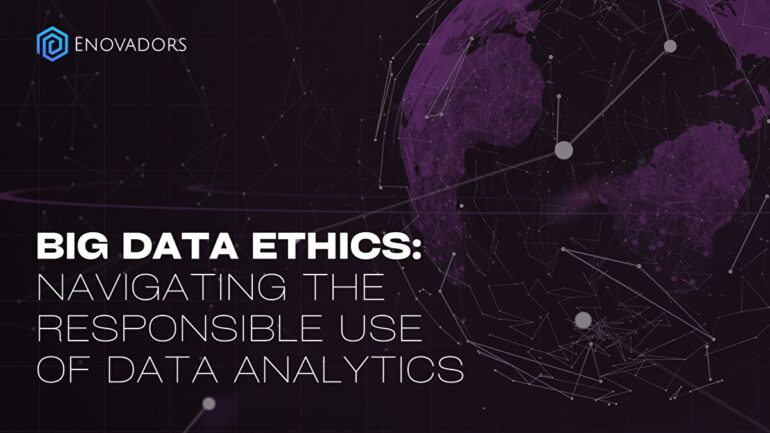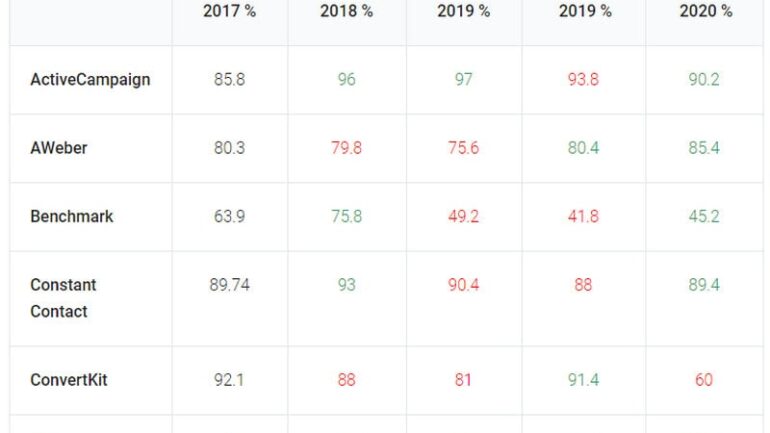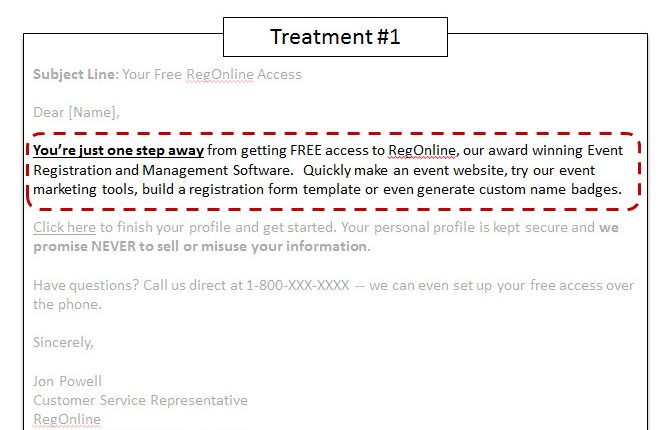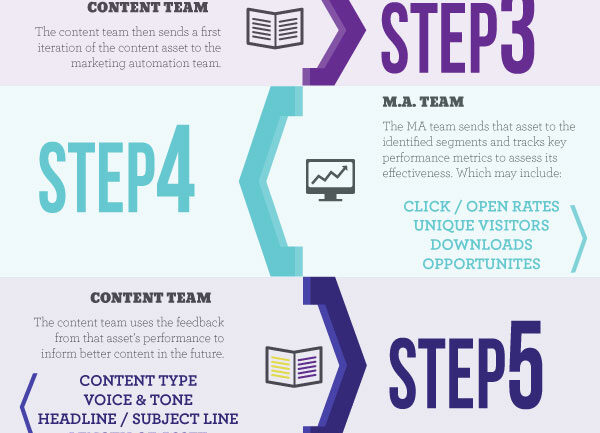Introduction
Data analytics has become an integral part of the modern world, driving decision-making processes in various fields. However, the increasing reliance on data analytics raises ethical concerns regarding privacy and responsibility. In this blog post, we will explore the importance of ethics in data analytics and discuss how organizations and individuals can navigate the complex landscape to ensure the ethical use of data.
The Importance of Ethics in Data Analytics
Ethics play a pivotal role in data analytics as it determines the boundaries and guidelines that organizations must adhere to when collecting, analyzing, and using data. Here are some key reasons why ethics in data analytics is of paramount importance:
1. Privacy Protection
Respecting individuals’ privacy rights should be a top priority. With vast amounts of data being collected, it is imperative to handle and store data securely, ensuring that personal information remains confidential and protected from unauthorized access.
2. Avoiding Discrimination
Data analytics should be free from bias and discrimination. Using algorithms that perpetuate unfair treatment based on race, gender, or any other protected attribute erodes trust and creates social injustices. Ethical data analytics ensures fair and inclusive outcomes for all individuals.
3. Building Trust and Reputation
By operating ethically in data analytics, organizations can establish trust with their customers, partners, and stakeholders. Respecting privacy rights, being transparent about data usage, and implementing responsible practices not only enhance reputation but also foster long-term relationships.
Challenges in Ethical Data Analytics
While ethical principles provide a framework, putting them into practice can be challenging. Here are some common challenges that organizations face when navigating privacy and responsibility in data analytics:
1. Data Quality and Accuracy
Data analytics heavily relies on the quality and accuracy of data. Ensuring data integrity is crucial to avoid making decisions based on flawed information, which can have serious consequences. Organizations need to implement robust data management processes to address this challenge.
2. Informed Consent
Obtaining informed consent from individuals whose data is being collected is essential. Transparency and clear communication about data collection processes, purposes, and potential risks are vital to ensure individuals are aware of how their data will be used. Achieving this can be challenging, especially when dealing with large datasets.
3. Data Security
Securing data from breaches and cyberattacks is a significant challenge in data analytics. The potential harm caused by unauthorized access or data leaks can be devastating. Organizations must invest in robust security measures, including encryption, access controls, and regular assessments to mitigate these risks.
Best Practices for Ethical Data Analytics
Adhering to ethical principles in data analytics requires a proactive approach. Here are some best practices to navigate privacy and responsibility:
1. Transparent Data Policies
Organizations should establish clear and transparent policies regarding data collection, storage, and usage. Communicating these policies to individuals helps build trust and ensures informed consent.
2. Anonymization and De-identification
Before analyzing data, organizations should anonymize or de-identify personal information to protect individuals’ privacy. This ensures that individuals cannot be identified directly or indirectly from the data.
3. Regular Data Auditing
Conducting regular audits of data processes and systems helps identify and address any potential vulnerabilities or ethical risks. It ensures compliance with internal policies and external regulations.
4. Continuous Ethical Training
Organizations should provide ongoing training” “Blog Post: Ethics in Data Analytics
Summary
Ethics plays a crucial role in the field of data analytics, as the vast amount of data collected from individuals and businesses can potentially be misused or exploited. Privacy concerns arise when personal and sensitive information is collected and analyzed without consent or proper safeguards. Therefore, it is essential for organizations and data analysts to prioritize privacy protection and ensure transparency in data collection and usage processes.
Furthermore, responsible data analytics involves considering the potential impact of analytics outcomes on various stakeholders and society as a whole. It is important to avoid biased or discriminatory practices and ensure fairness in decision-making processes that are based on data analytics. This requires using diverse and representative data sets, as well as regularly evaluating and addressing any biases that may arise in algorithms or models.
To navigate the ethical challenges in data analytics, organizations should establish clear policies and guidelines that outline ethical practices for data collection, storage, analysis, and sharing. Additionally, proper training and education for data analysts can help them make informed and ethical decisions throughout the data analytics lifecycle.
In conclusion, ethics in data analytics is crucial for maintaining public trust and ensuring the responsible and ethical use of data. By prioritizing privacy protection, Visit Website fairness, and transparency, organizations and individuals can navigate the complex landscape of data analytics while upholding ethical standards.

Hello, I’m Aiden Hibbins, a passionate and experienced Content Strategist specializing in Social Media Marketing, Web Design and Development, and SEO Optimization. With a deep understanding of the digital landscape, I strive to help businesses and individuals create compelling and effective online content strategies.




